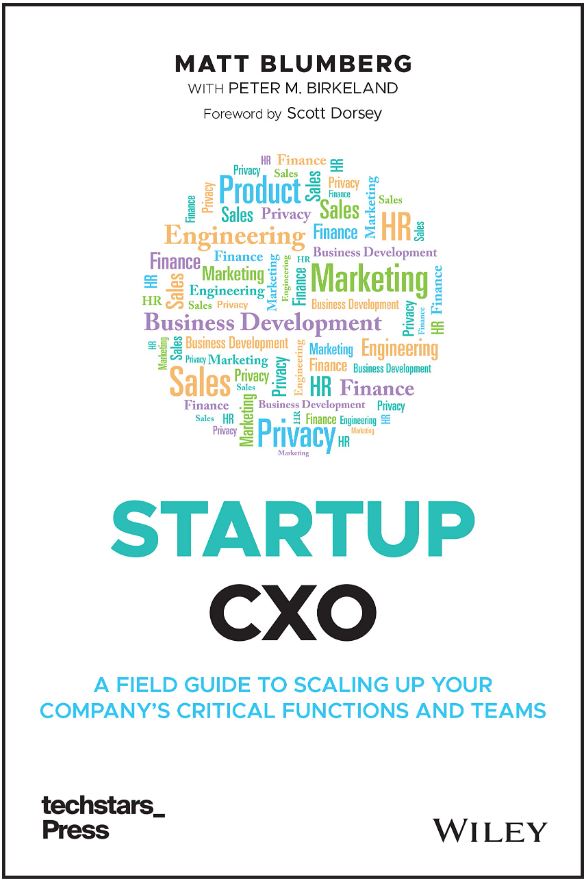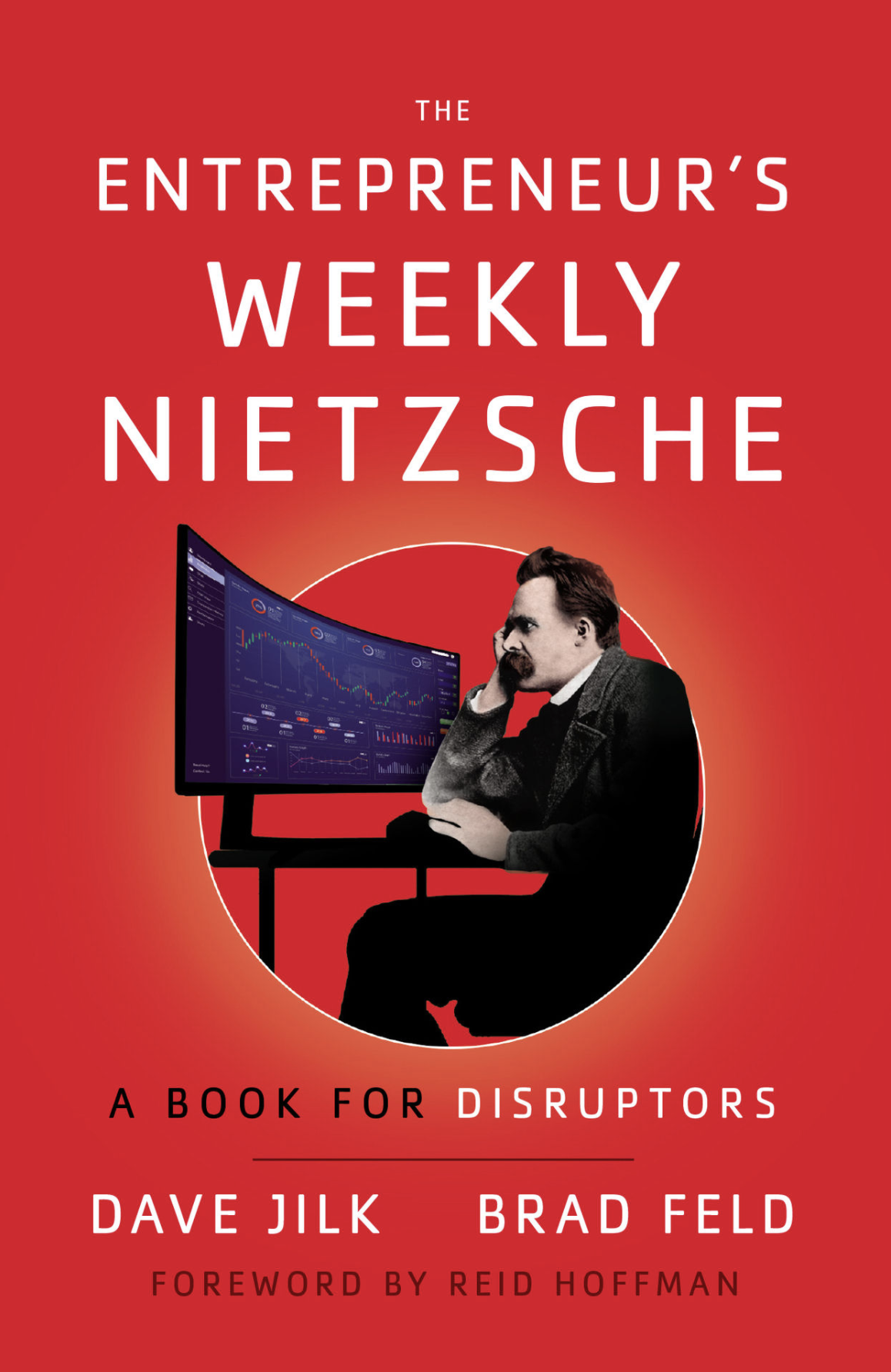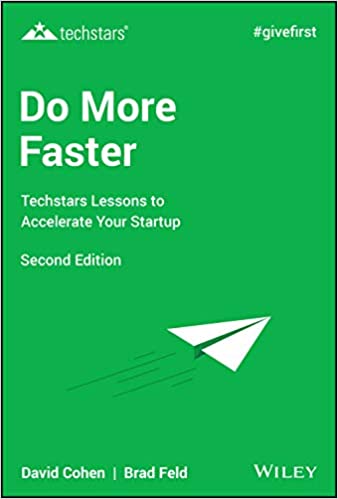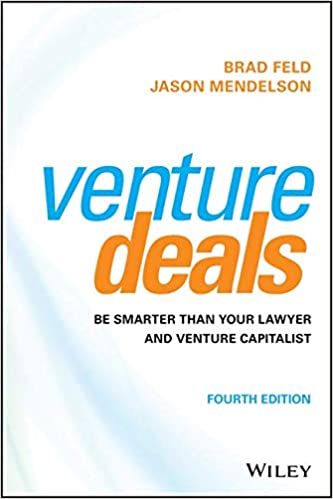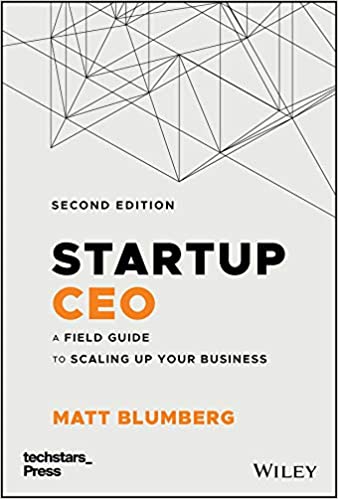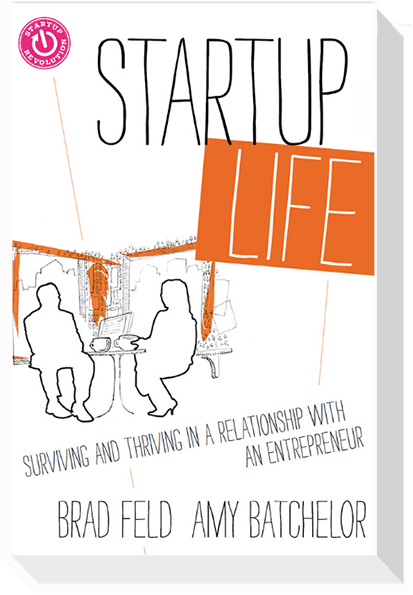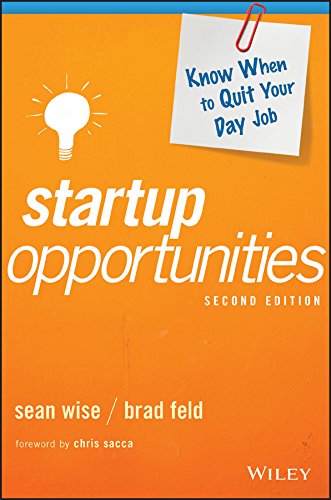Everyone At Cheezburger Reports To Another Employee Of Cheezburger — Except For Me. I Work For The Board Of Directors
Guest Post By Ben Huh – Cheezburger – (CEO-Founder)
 We have 5 Board of Directors. Their names are:
We have 5 Board of Directors. Their names are:
- Brad Feld (Boulder, CO)
- Greg Gottesman (Seattle)
- Ben Huh (Yes, I legally report to myself. Xzibit and I feels.)
- Rich Levandov (Boston)
- (Unnamed, open seat)
What does a Board do?
The Board is another tool of business. You can use it wisely, or it can use you. Legally, as a corporation, we are required to do certain things according to the legal documents we all signed (this gets really complex and there are a million ways to do it) but the role of the Board, regardless of who is on it and why, is to: look after the best interests of the shareholders/owners of the corporation.
In this case, our Board members have a specialty (not all businesses are the same), they represent the world of high-risk, high-reward Venture Capital investment and invest in startups of a certain, smallish size. (Vs. say, a large publicly-traded company, or a charitable organization.) The Board of Directors are also not the same thing as Board of Advisors. Advisors don’t take on legal responsibility of looking after the company, Board of Directors do. Often, this gets confused, but BoD is the real deal where the rubber meets the road. BoA is a loose collection of advisors.
In human history, we have an illustrious pattern of fucking up the art of representation, oversight and management — over and over again. Mob rule? Meh. Despotism? Sucked ass. Monarchy? High failure rate. Democracy? Not bad. Companies are no exception. The Corporate Board is a method of shareholder representation, oversight and management.
A healthy Board should be independent, thoughtful, supportive, and aligned. This is the art of corporate governance that’s a real thing and a seldom visible and seldom credited KEY CONTRIBUTOR to the success and failure of many companies. Corporate governance is fascinating to a business nerd like me, and again, like all things in business, deceptively simple, yet virtually impossible to master. (Major BoD failures make the news, but successes don’t. Hello, Enron!)
There are many duties (legal, ethical, and quasi) of a board. Here are some examples:
- Hire/fire the CEO (Shareholders vote — based proportionally on the number of shares each one controls and the Charter of the company– to elect the Board of Directors, who in turn hires/fires the CEO. My legal and ethical obligation as CEO is to the Board and by extension the shareholders of Cheezburger.)
- Review and approve executive hires
- Review and approve the official plan
- Review and approve the financial controls and accounting
- Review and approve mergers and acquisitions
- Etc.
If the Board members are smart, well-connected, and helpful, FANTASTIC! But there is actually no law that requires each company to have smart, well-connected, and helpful Board members.
I’ve been exposed to a fair number of board interactions through my friends who are CEOs of their own companies. I also sit on the Board of one other company, Circa (a way to be on the other side of the table) where I try to not be a shitty Board member.
What’s it like working for your meta-self and the Board?
We have excellent Board members. (I’m not just saying that because Brad gets these blog posts emailed to him.) Because we were profitable, we were able to reject about a dozen different interested VCs before we took money from this group — because I couldn’t tell if they were good or bad until Greg and Brad came along. Our investors were heads and shoulders above the rest.
The key to what makes them great is that:
- They believe that the best way to create a great return on their investor is to support the CEO.
- They believe in WORKING HARD to do it, and they love doing it. As Rich told me once “it’s a great gig, if you can get it.”
That’s all I ask of them. Really. That’s it.
I’ve met a lot of VCs who do not work hard to help their companies. They come to a meeting every few months, don’t read up on the business, dish out irrelevant advice, and then leave. Bad Board members waste the time of the company — this is the cardinal sin of Board members.
I can list many examples of our Board members busting ass at all hours, on and off vacation because I asked for help. They take me at face value and while they are not afraid to challenge my thoughts and assumptions and whip me out of a funk, they trust me and defer the decisions to me — no matter how much or how little stock a CEO owns, it’s their company until it’s not.
And in return, I don’t hold back, and I don’t put up a wall. They see me at my best, and also at my worst.
I talk to them quite often. Before the days of the Internet, the Board operated on a far slower, monthly, or quarterly schedule. You’d spend hours in meetings reviewing reports and financial data. Now, we send them information as soon as we have it, which keeps them and us more connected, productive, and allows us to use our valuable Board Meetings to discuss opportunities and issues, not reports.
Side-note: How does the business of a Venture Capital investor work?
Greg, Brad, and Rich all have to look out for the best interests of THEIR investors (called Limited Partners, or LPs for short) who gave their companies (venture capital firms, VC for short) money (capital) to invest in companies like ours through a financial instrument and a legal entity called a “fund” (a VC firm usually operates several separate funds at any given time since a fund’s lifecycle runs only for several years).
It’s the job of venture capitalists (usually called “partners” in a VC firm) to invest the money of their LPs from a particular fund and spread the risk out over many investments. And in about 5-15 years, if things work out, they send the LPs a bigger box of money (return on investment). If the VCs are good at this, they get to raise new funds, and do it over again.
Their jobs depend on our success too.
Problems always have answers:
A bad CEO comes in just as many flavors as bad Board members. One of the things I have gotten better since that day was not just presenting the problem, but also showing what we’re doing to fix, mitigate, not-repeat it. If it’s my legal duty to be honest with the board, and if it’s my ethical duty to tell them as quickly as possible, it was all my learning as CEO to present the best possible solutions with the problem.
Good Board members won’t tell you how to solve the problem. Like good teachers, they show you the direction, they prod, they support, they suggest, but the solution is mine to own, and I am accountable and responsible for the decisions I make. It’s a strange thing, but I can disagree with my Board for weeks, but once I make the decision, they support me 100%. I count myself lucky to have people like this back me. They serve as role models for me as to how to be an employee and manager.

